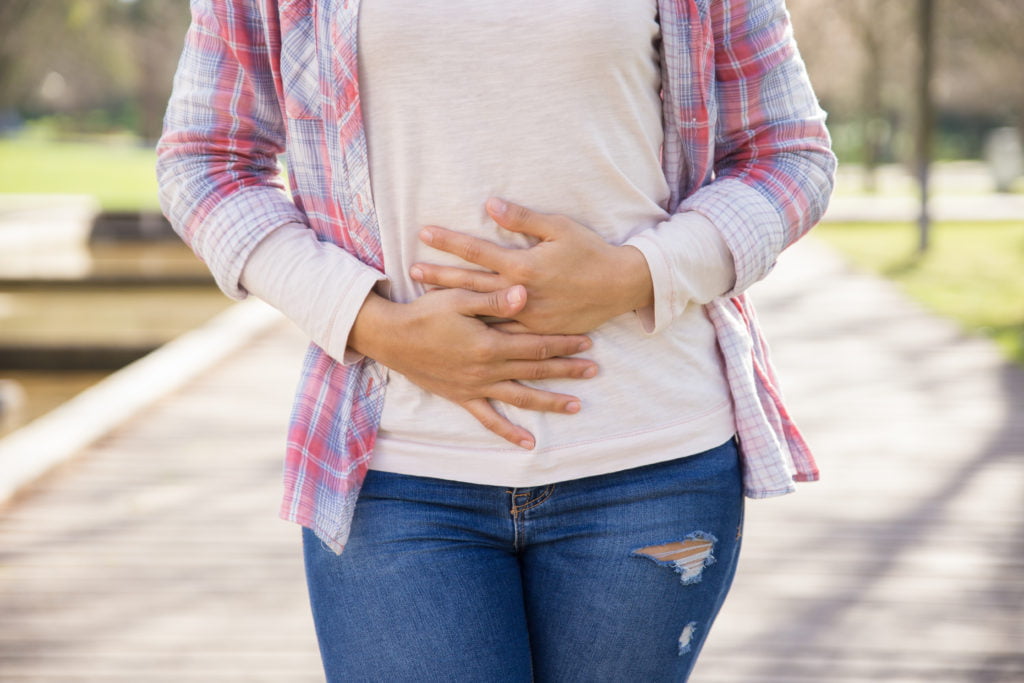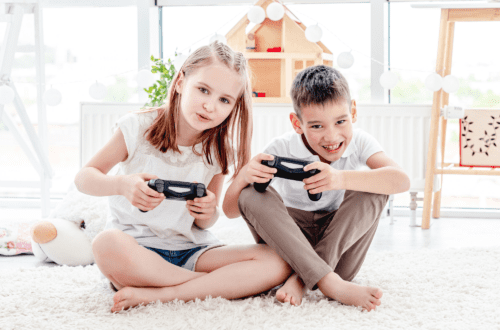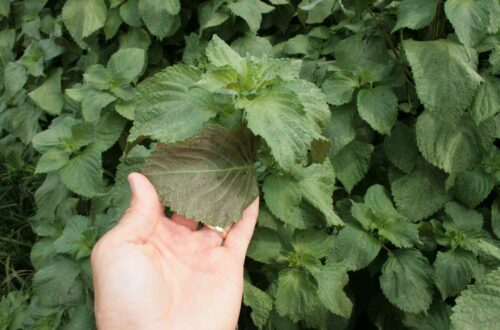Small Intestine Function
The small intestine is a long, coiled tube that is about 20 feet (6 meters) long. It is located between the stomach and the large intestine. The small intestine has three parts: the duodenum, jejunum, and ileum. The small intestine function is to aid in digestion and the absorption of food. The walls of the small intestine are lined with tiny, finger-like projections called villi. The villi increase the surface area of the small intestine so that more nutrients can be absorbed.
The small intestine also contains bacteria that help to break down food. These bacteria are important for good health. The small intestine and the large intestine work together to digest food and remove waste. The small intestine function is to absorb most of the nutrients from food, while the large intestine absorbs water and electrolytes from the digested food. The large intestine also stores waste until it is eliminated from the body.
Small Intestine Function:
The Small Intestine and your Skin:
The small intestine does not directly cause skin problems, but if the bacteria in the small intestine are not balanced, it can lead to an overgrowth of bad bacteria that can cause skin problems. To keep the bacteria in the small intestine balanced, eat a healthy diet with plenty of fruits and vegetables. Also, make sure to get enough probiotics (good bacteria) through probiotic supplements or fermented foods like yogurt, kefir, and kombucha.
The small intestine and the gut-brain connection:
The small intestine also plays an important role in the gut-brain connection. The gut-brain connection is the relationship between the gut (the digestive system) and the brain.
The gut-brain connection is important because the gut can send signals to the brain that affect mood and behavior. For example, when the gut is healthy, it sends signals to the brain that make you feel happy and relaxed. But when the gut is not healthy, it sends signals to the brain that make you feel stressed or anxious.
So, what does this mean for your mood? It means that if you are feeling stressed or anxious, you may want to look at your diet and see if there are any changes you need to make.
Detoxing the Small Intestine
There are a few things you can do to detox the small intestine:
- Remove all processed foods, sugary foods, and dairy from your diet. These foods can cause inflammation and promote the growth of harmful bacteria.
- Eat plenty of fiber-rich fruits and vegetables. Fiber helps to move food through the digestive system and can also help to remove toxins.
- Take probiotics. Probiotics are live bacteria that help to keep the gut healthy. They can be found in yogurt, supplements, and fermented foods.
- Drink plenty of water. Water helps to flush out toxins and keeps the digestive system moving smoothly.
How big is the small intestine?
The small intestine is about 20 feet (6 meters) long. It is coiled up in the abdomen and is about the width of a pencil.
The small intestine may need attention if you experience any of the following symptoms:
- Bloating
- Gas
- Constipation
- Diarrhea
- Abdominal Pain
- Weight loss
If you are experiencing any of these symptoms, please see a doctor. Small intestine problems can often be resolved with lifestyle changes and simple home remedies, but in some cases, medical treatment may be necessary.







